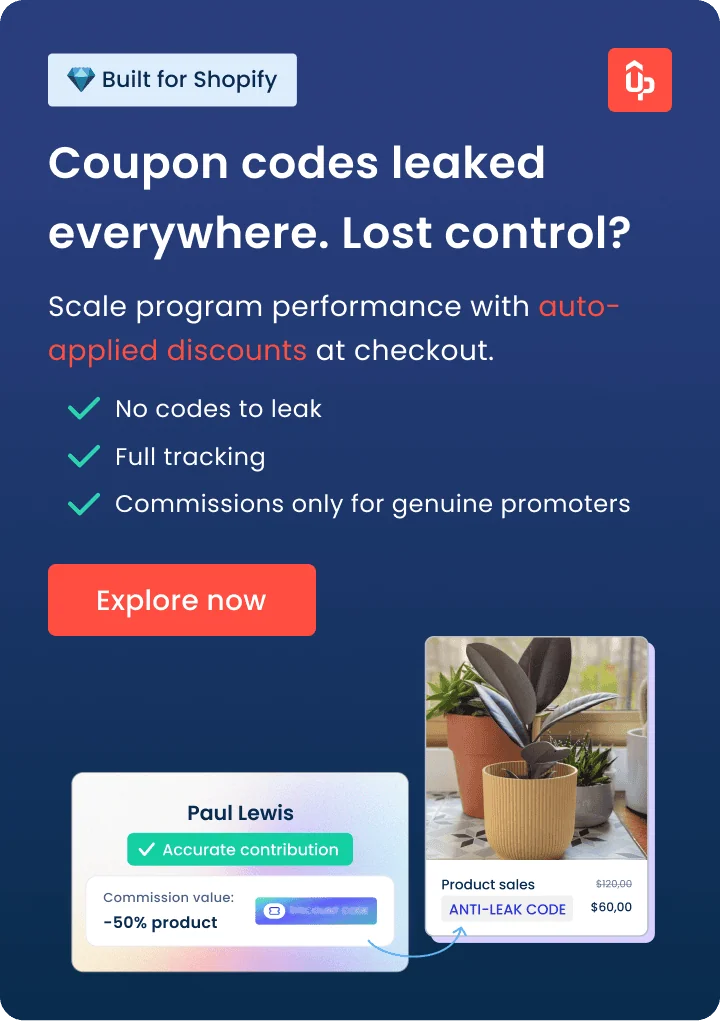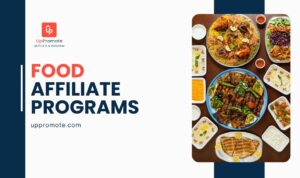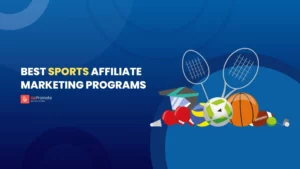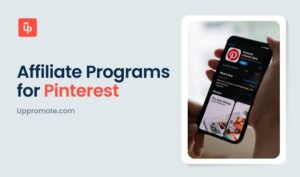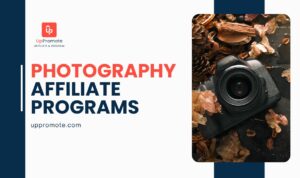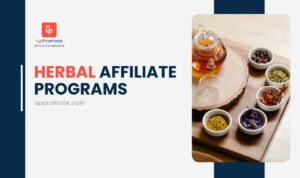The global eBooks market is forecast to generate $14.92 billion in revenue by 2025, according to Statista. If you’re a bookworm or a content creator, now is the perfect time to start earning money by promoting highly-rated eBooks.
In this article, we’ll introduce 10 of the best eBooks with full details on commissions, cookie duration, and other benefits. Let’s explore and find the perfect fit for your audience’s interests today!
Quick Comparison
| Program Name | Commission (%) | Cookie Duration (Days) | Niche Suitable | Affiliate’s Rating |
|---|---|---|---|---|
| Abebooks | 5% (only first $500 per item) | 30 days | Books, collectibles, rare books | ⭐⭐⭐ |
| Apple Books | 7% | 30 days | eBooks, audiobooks, apps, Apple ecosystem | ⭐⭐⭐⭐ |
| Books-A-Million | 3% | 30 days | Books, gifts, toys, magazines | ⭐⭐ |
| Epic! | $0.50 per sign-up | 30 days | Kids’ books, children’s education content | ⭐⭐⭐ |
| Pinch of Yum | 50% | 180 days | Food blogging, cooking, photography | ⭐⭐⭐⭐⭐ |
| Kobo | 5–10% | 14 days | eBooks, audiobooks, devices | ⭐⭐⭐ |
| eBooks.com | 10–15% (tiered) | 45 days | eBooks, digital publications | ⭐⭐⭐⭐ |
| Barnes & Noble | 5% | 1 day | Books, textbooks, eBooks | ⭐⭐ |
| Flipkart | 12% | N/A (not stated) | General e-commerce, Indian market, eBooks | ⭐⭐⭐⭐ |
| BookBaby | 10% (orders over $100) | N/A | Self-publishing, authors, book marketing | ⭐⭐⭐ |
10 Best eBook Affiliate Programs to Monetize Your Content
1. Abebooks
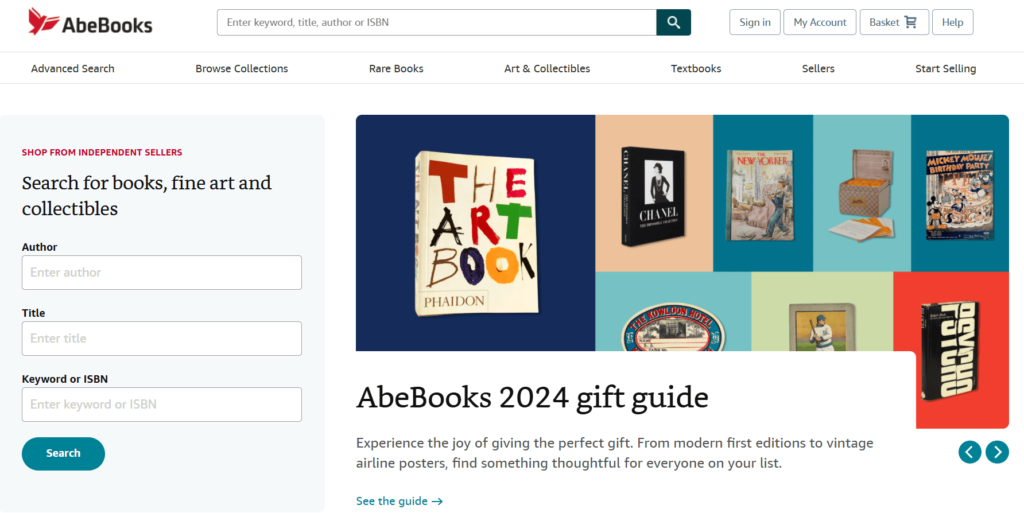
Abebooks is a great online marketplace for book lovers and collectors searching for hard-to-find, unique items. They have become a global platform connecting buyers with independent sellers in over 50 countries.
When joining the Abebooks affiliate programs, you’ll earn a 5% commission on every approved sale. However, the brand pays commissions only on the first $500 of an item’s sale, even if the price exceeds that amount. The cookie stays active for 30 days from the customer’s first click on your link.
Abebooks runs their eBook affiliate program through Impact Radius. You can access the network and utilize their ready-made banners on your site to enhance your promotional efforts.
|
2. Apple Books
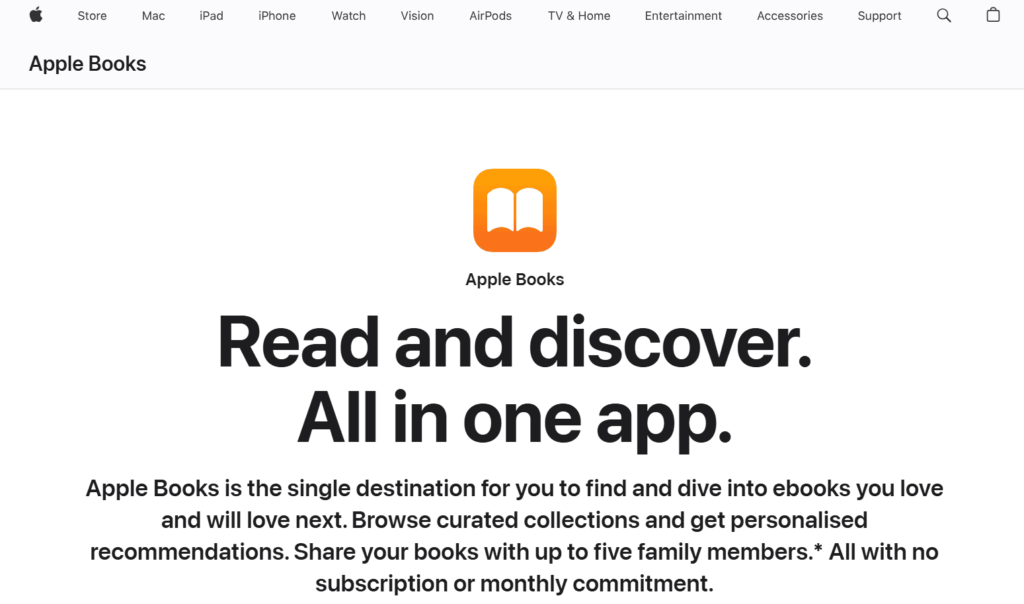
Apple Books is an e-book and audiobook platform developed by Apple. They offer millions of titles, from bestsellers and free books to handpicked collections across various genres.
The Apple Books affiliate program pays you a 7% commission for all sales you refer. The cookie stays valid for 30 days from the customer’s first visit to your link.
The brand collaborates with the Partnerize network to manage their program. You can simply log in to the platform to access your unique tracking link for promotions. Apple Books pays out commissions once your balance reaches $30.
|
3. Books-A-Million
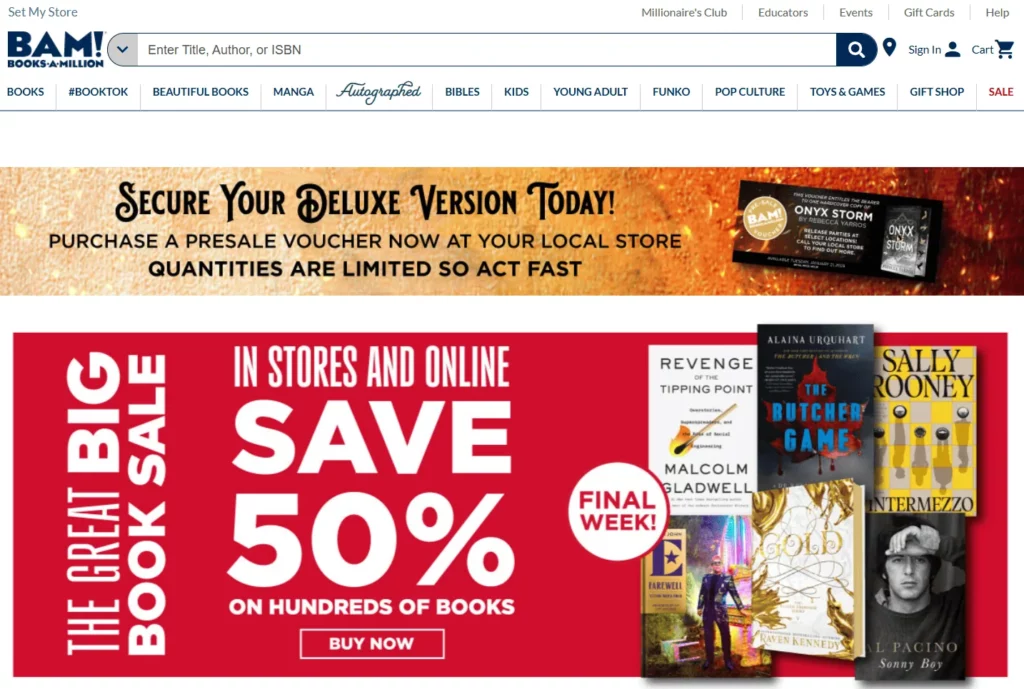
Books-A-Million is the second-largest book retailer in the U.S., with 260 stores across 32 states. They offer a diverse selection of books, e-books, magazines, collectibles, toys, tech gadgets, gift items, and more.
The Books-A-Million affiliate program lets you earn a 3% commission on every qualified sale you refer. The cookie lasts for 30 days, so you’ll earn commissions on purchases made within this period.
You can request direct deposit payouts once your balance reaches $50, while paper checks have a minimum threshold of $100. The brand will send you their ready-to-use banners, text links, and button images to help you promote their products better and increase conversions.
|
4. Epic!
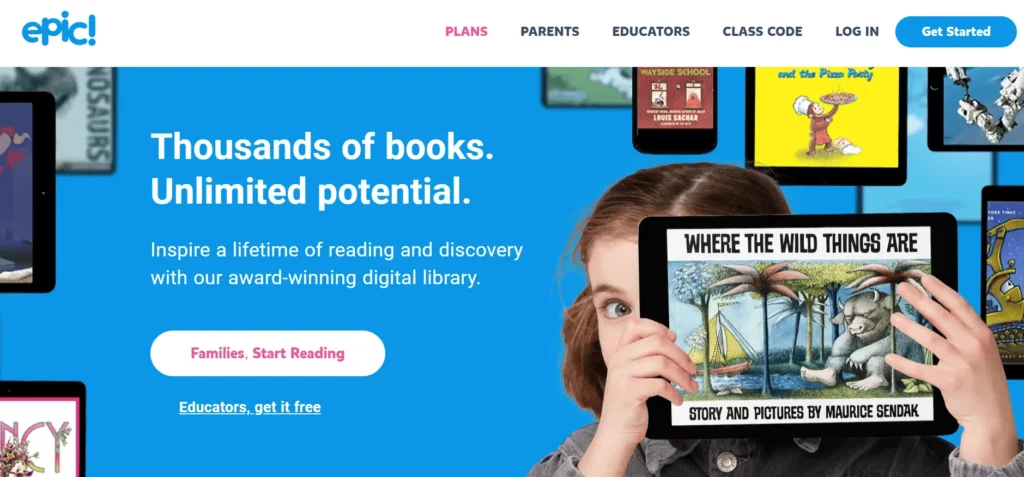
Epic! is a digital library for kids. They offer over 40,000 books, including picture books, chapter books, audiobooks, educational videos, and interactive content to make reading more engaging and fun.
This ebook affiliate program pays you a $0.50 commission for each account sign-up you drive. The cookie tracks referrals for 30 days from the initial click.
You can receive bonus commissions for each sale made in your first month with the program. Moreover, sharing their engaging content and exclusive discounts with your audience is a great way to enhance your promotions.
|
5. Pinch of Yum
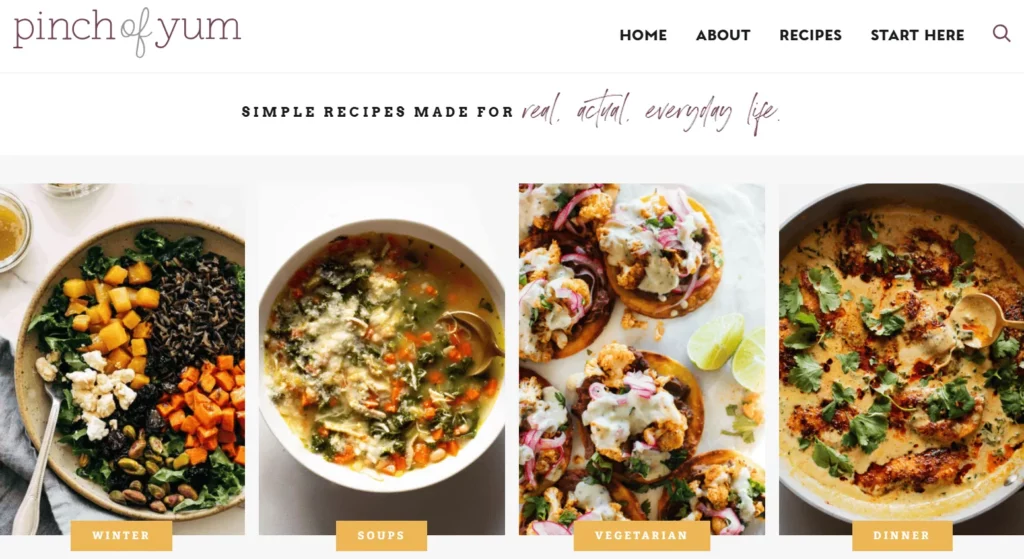
Pinch of Yum offers a variety of recipes, from vegetarian meals to quick dishes for busy days. They also provide an eBook, Tasty Food Photography, with practical tips for anyone looking to improve their food photography skills.
You can enjoy a generous 50% commission on each eBook purchase made through your affiliate link. The long 180-day cookie duration gives you plenty of time to earn commissions on qualifying purchases.
Their ebook affiliate program is managed via the Shareasale network, so you must have an account before signing up to be their publisher. Additionally, you can create many attractive promotions with their eye-catching banners and text links.
|
6. Kobo
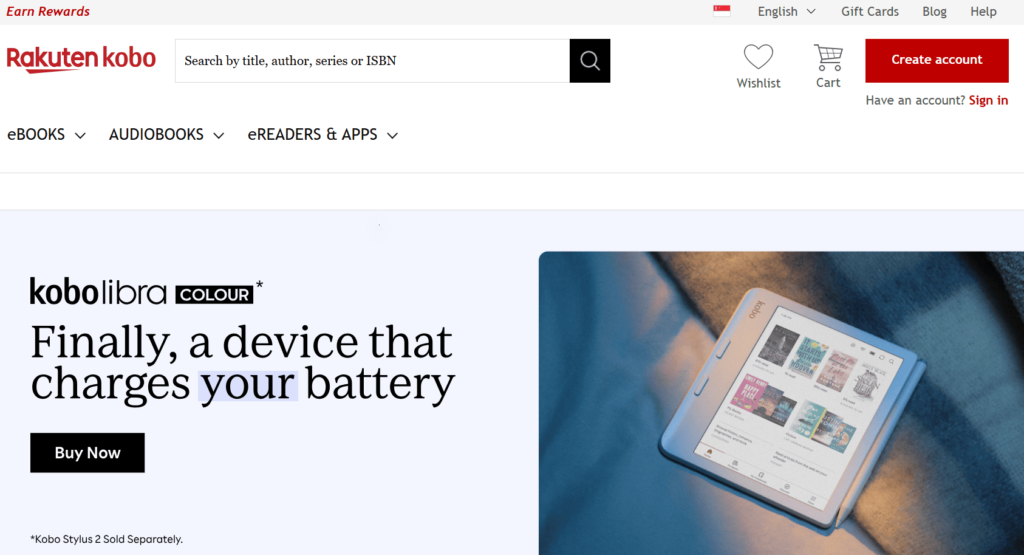
Kobo is a digital reading service offering over 5 million ebook and audiobook titles. Book lovers can download the Kobo App for free to enjoy their favorite stories on the go.
By joining the Kobo ebook affiliate program, you can earn different commission rates based on the type of item you promote:
- eBooks, audiobooks and devices: 5%
- Device accessories: 10%
With a 14-day cookie, you can earn commissions on purchases completed within this timeframe.
The brand partners with the Rakuten Linkshare to manage their program. Ebook affiliates can monitor your clicks, conversions, and earnings via Rakuten’s tracking dashboard.
|
7. eBooks.com
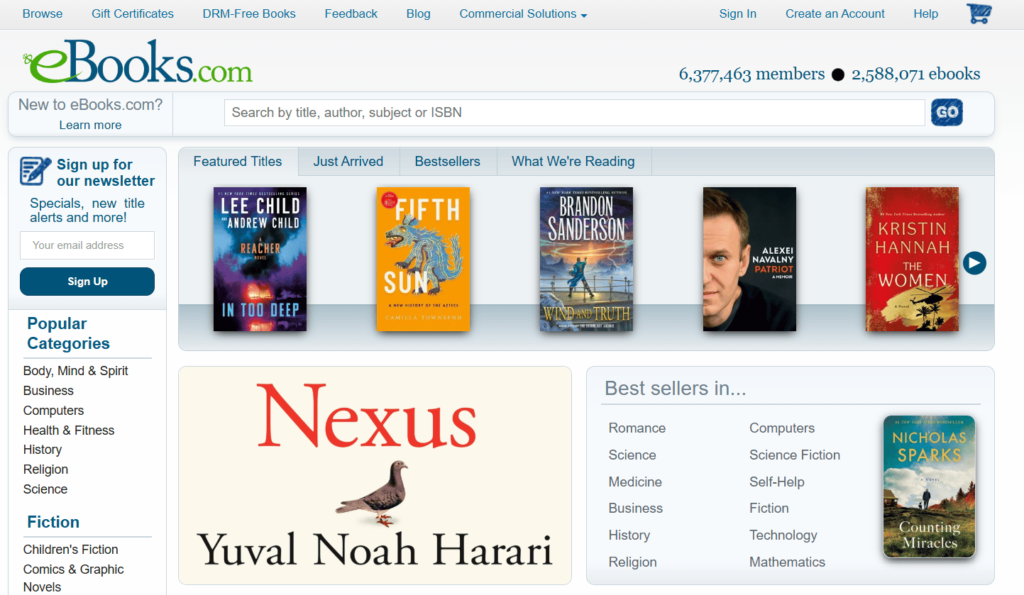
eBooks.com is a leading ebook retailer with over 2 million titles. They are also well-known for providing ebook-related services to publishers.
The eBooks.com affiliate program offers you a tiered commission structure based on your annual sales:
- Sales up to $100,000: 10%
- Sales over $100,000: 15%
The cookie window lasts 45 days, so you have a long time to earn money on purchases made after the first visit.
You can monitor your performance in real time through their user-friendly tracking and reporting tool. Besides that, their dedicated affiliate managers will provide valuable insights, strategies, and ongoing assistance to help improve your performance.
|
8. Barnes & Noble

Barnes & Noble is the leading bookseller with nearly 600 stores in the U.S. They offer a wide range of products, including textbooks, magazines, DVDs, gifts, and an extensive selection of eBooks and audiobooks.
When joining this ebook affiliate program, you can enjoy a 5% commission on each sale through your referral. However, the cookie duration is only 1 day, and you just get credit for purchases within this period.
The brand works with CJ Affiliate to manage their program. So, make sure your CJ account is active before signing up.
|
9. Flipkart
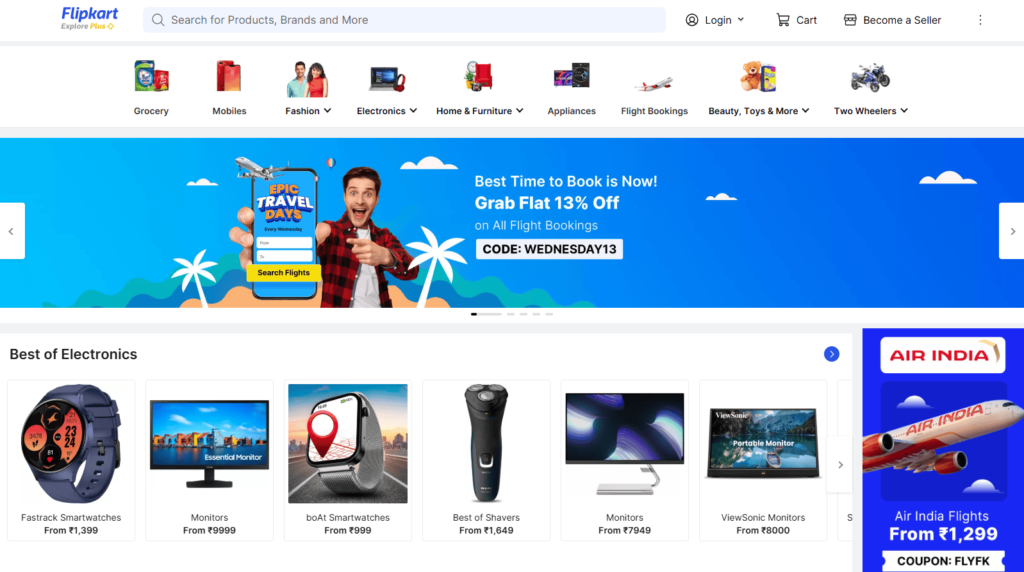
Flipkart is among the biggest and most well-known e-commerce platforms in India. Their product range includes electronics, clothing, shoes, toys, ebooks, and beauty products.
The Flipkart ebook affiliate program rewards you with a 12% commission on each successful sale. You can choose an eGift voucher payment with a minimum of Rs 2,500 or an EFT payment once your balance reaches Rs 5,000.
The company assists you with plenty of ready-to-use banners, links, and content to create interactive promotions. Their tracking dashboard will update you with your real-time orders and commissions.
|
10. BookBaby
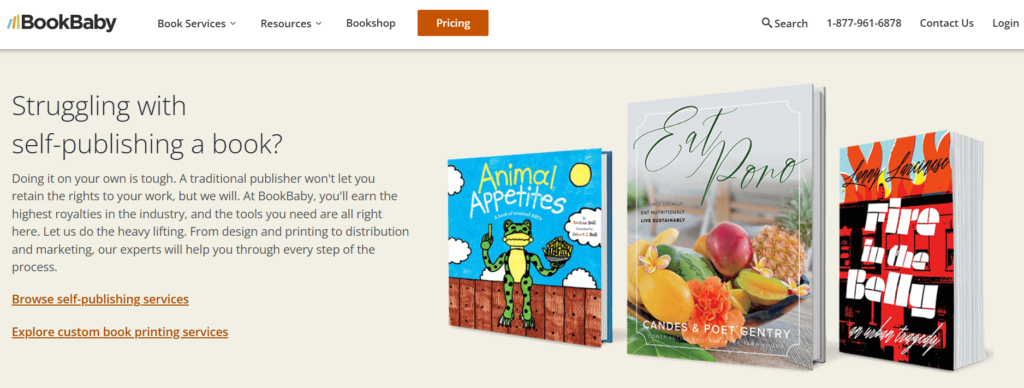
BookBaby helps authors publish and distribute their eBooks, print books, and audiobooks. They provide professional services for book design, formatting, marketing, and distribution to major platforms like Amazon and Apple Books.
With this ebook affiliate program, you can enjoy a 10% commission on new referrals for orders over $100. Payments are processed through ACH or PayPal, so make sure your account is active before enrolling in their program.
You can monitor the performance of your campaign anytime through your BookBaby Partner account dashboard.
|
Conclusion
You now have a complete roadmap for building a successful affiliate program: from choosing the right platform and setting competitive rates to recruiting quality partners and keeping them motivated.
The key is creating mutually beneficial partnerships. When you offer fair compensation, provide proper support, and work with affiliates whose audiences align with your e-books, you build a sustainable sales channel that grows over time.
Start with your core offer, take it step by step, and remember that every successful program began exactly where you are now.


